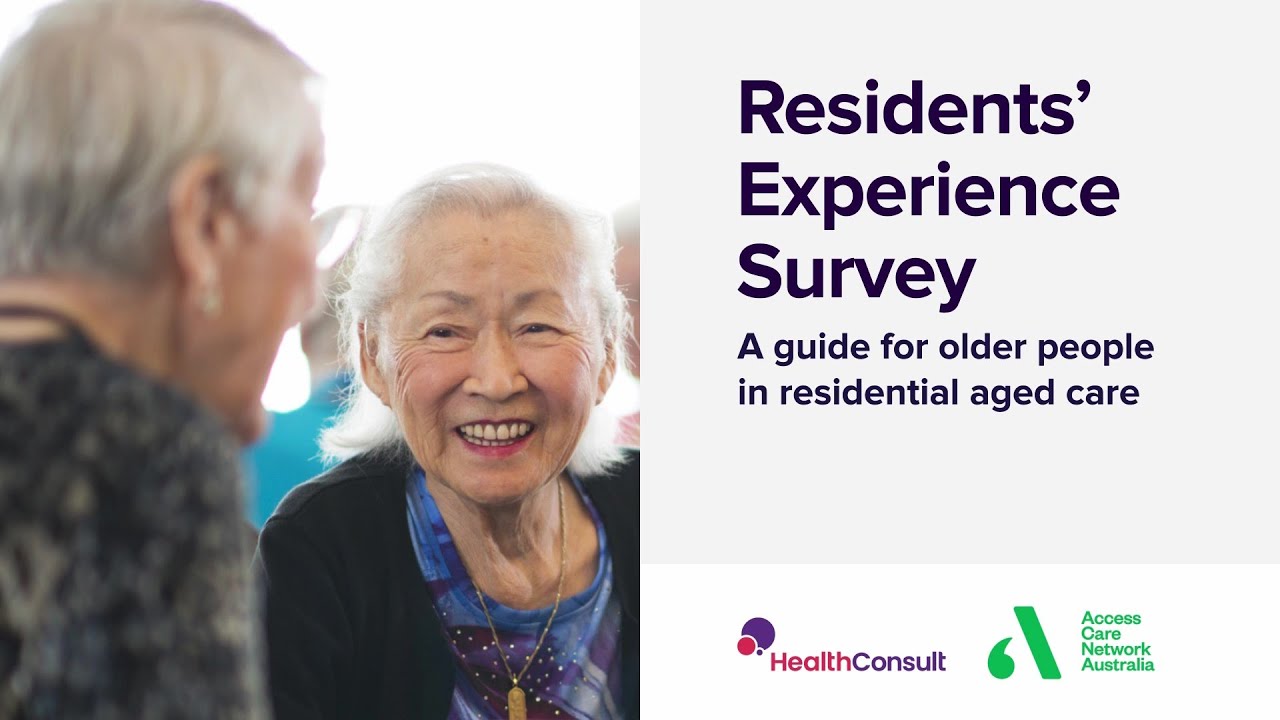Elisa Zenni, MD, recalls the process of completing her fellowship training in Boston, while at the same time, trying to land her first job in academic pediatric medicine. The Navy had stationed her husband, also a doctor, in Bay Area, California. Some professional couples are willing to live apart, but Zenni and her husband were not. So, finding an academic job in Northern California became her utmost priority.
In 1992, the internet wasn’t a big thing, so Zenni wrote “cold” letters to the three main academic pediatric institutions in the area. A department representative from Stanford University, Stanford, California, responded to her that they were interested and asked her to meet with the associate chair of the department. Ultimately, Zenni landed a job as an assistant professor of pediatrics at the university.
“I was very lucky,” she told Medscape Medical News.
If you’re a resident searching for a full-time job, sending a “cold” letter or email to a desired program may not be a bad idea.
“It’s worth a shot, absolutely,” Zenni said. The practice group may not have an open position at the time, but they may remember you later when they do, she said. Zenni now works as the associate dean for graduate medical education in the Department of Pediatrics at University of Florida College of Medicine in Jacksonville, Florida.
For those who are not moving onto fellowship training, navigating one’s first job after residency takes time and patience, research, and perhaps a smidge of luck, too. We asked experts for their advice on the job-hunting process and what to do once you land the job. Here is what they said.
Start Early
Start the job searching about 12-24 months before graduating from residency, Zenni stressed. “Definitely don’t wait until the last minute.”
“The process can take a long time to find the right job,” she explained.
Residency is a busy and tiring time, so plan ahead, Zenni said, especially if you know you are facing rigorous training or clinical rotations that will make scheduling time for interviews challenging.
It also takes time to obtain a state medical license. In some states, it is a 6-month process. Before starting a position, a resident may also need to get hospital credentialing, which can take extra time.
Consider What’s Right for You
Next, consider your personal and professional priorities, Zenni said.
Do you want an academic position, a private practice, or a hospital-based one? Would you prefer to work in public health or industry? These are all questions residents should ask themselves, according to Zenni.
Then, consider what type of setting you prefer. Do you want to be the only phy

